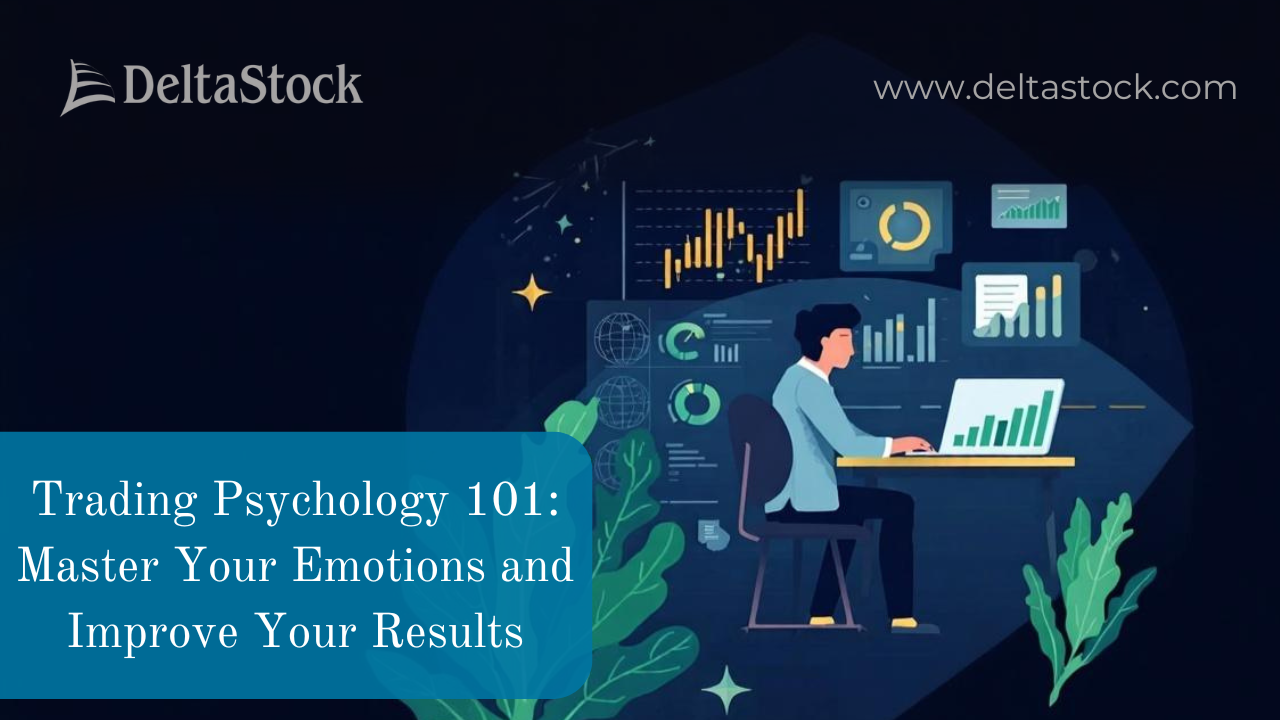
Trading is as much about psychology as it is about strategy. Emotional biases like fear, greed, and FOMO (Fear of Missing Out) often lead to mistakes such as overtrading, breaking rules, or holding losing positions too long.
Understanding these psychological barriers is crucial for consistent profitability.
1. Recognize FOMO and Its Impact
FOMO can make traders enter positions impulsively, chasing trends or news events. To combat it:
- Stick to your trading plan.
- Focus on setups that meet your strategy criteria, not what “everyone else is doing.”
- Use alerts or automated strategies to prevent impulsive decisions.
Tip: Missing a trade is better than taking one outside your rules.
2. Adhere to Stop-Loss Rules
Breaking stop-loss rules is one of the most common trading mistakes. Always:
- Set stop-loss levels before entering a trade.
- Respect them, even if the market seems to be reversing.
- Treat stop-losses as risk management, not a prediction of loss.
3. Manage Overtrading
Overtrading often comes from emotional reactions or boredom. Avoid it by:
- Limiting the number of trades per day.
- Maintaining a trading journal to track mistakes and successes.
- Taking breaks when the market conditions aren’t favorable.
4. Practice Mindfulness and Discipline
Psychological resilience comes from awareness and self-control:
- Review trades objectively.
- Reflect on emotional triggers that lead to mistakes.
- Build routines that enforce discipline in all market conditions.
Bottom Line:
Mastering trading psychology is essential for consistent success. By conquering FOMO, respecting stop-losses, avoiding overtrading, and developing emotional discipline, traders can make rational decisions and improve long-term performance.
Open Your Trading Account NOW!
These materials are for information purposes only. They do not post a buy or sell recommendation for any of the financial instruments herein analysed.
Deltastock AD assumes no responsibility for errors, inaccuracies or omissions in these materials, nor shall it be liable for damages arising out of any person’s reliance upon the information on this page.
58% of retail investor accounts lose money when trading CFDs with this provider.